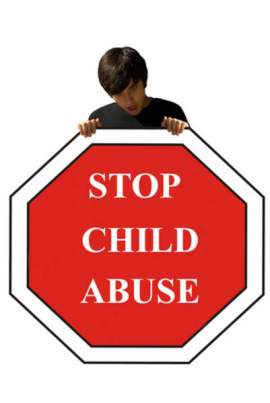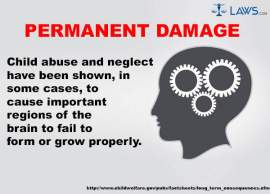
A Guide to Protecting Yourself and Loved Ones from Child Molesters

What are Child Molesters?
The classification of Child Molesters is defined as individuals who violate the rights of children or minors through a variety of actions, which may include exploitation, violence, and physical harm rooted within illicit, unlawful, and unethical sexual activity.
The actions of Child Molesters may range in both setting and activity undertaken; furthermore, Child Molesters can range in personal role within the life of the victim – Child Molesters may be acquainted with the victim or unknown to the victim. In order to further understand the nature of Child Molesters, it is important to familiarize yourself with certain legislation that will allow for further clarification with regard to both identifying and preventing Child Molesters.
What is Child Molestation?
Due to the fact that child molestation is defined as the sexual defilement of an individual whom is deemed to retain the legal status of a minor, any criminal activity that is sexual in nature may include additional penalties resulting from the involvement of a child; the following are some common classifications of these types of illegal, unlawful, and punishable offenses undertaken by Child Molesters:
Sexual Assault of a Minor
The charge of sexual abuse or assault, Child molesters may engage in any of the following unlawful acts, which include groping, invasive and illegal sexual contact, and any other unwelcomed sexual advances directed to a child; typically, the sexual assault of a minor will not include intercourse. However, the nature of the sexual activity undertaken by the offending individual with regard to both the age and relationship to the victim will determine the range of punitive recourse, as well as the degree of the sexual offense:
Aggravated sexual assault is the classification given to sexual activity with a minor that takes place on non-consensual in nature, which involve the use of threats, fear, or duress; Child Molesters using threats with regard to sexual activity involving a minor will undergo supplementary punitive recourse
Statutory Rape
Statutory Rape is a type of sexual assault conducted by Child Molesters that involves the engagement of sexual intercourse between a child classified as a legal minor and an individual classified as an adult. The egregious nature of this type of rape is considered to be one of the most devious, damaging, and heinous crimes that can be suffered unto a victim; as a result, there exist a multitude of legal terminology and classifications with regard to this offense:
The age of consent is a legal instrument employed to gauge an individual’s responsibility to concede and consent to sexual activity; the inclusion of a minor who is legally unable to concede to such activities will normally be absent of consent, and thus considered to be a form of forced or coerced sexual activity
Punitive Recourse for Child Molesters
Megan’s law is a piece of legislation that exists within the United States that child molesters convicted of criminal activity sexual in nature involving children to register themselves in a database containing the names and locations of all known and convicted sex offenders residing within the United States; these registries can be accessed on government websites and state directories.
NEXT: A Guide to the Child Abuse Hotline





















